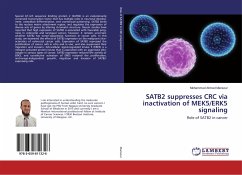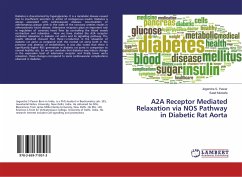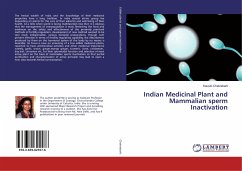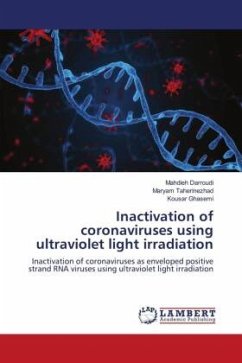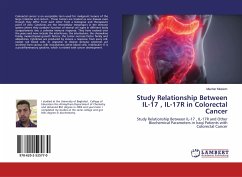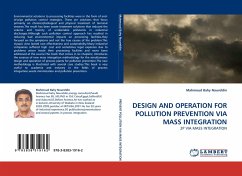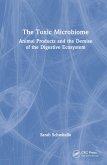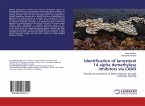Special AT-rich sequence binding protein 2 (SATB2) is an evolutionarily conserved transcription factor that has multiple roles in neuronal develop- ment, osteoblast differentiation, and craniofacial patterning. SATB2 binds to the nuclear matrix attachment region, and regulates the expression of diverse sets of genes by altering chromatin structure. Recent studies have reported that high expression of SATB2 is associated with favorable prog- nosis in colorectal and laryngeal cancer; however, it remains uncertain whether SATB2 has tumor-suppressive functions in cancer cells. In this study, we examined the effects of SATB2 expression on the malignant char- acteristics of colorectal cancer cells. Expression of SATB2 repressed the proliferation of cancer cells in vitro and in vivo, and also suppressed their migration and invasion. Extracellular signal-regulated kinase 5 (ERK5) is a mitogen-activated protein kinase that is associated with an aggressive phe- notype in various types of cancer. SATB2 expression reduced the activity of ERK5, and constitutive activation of ERK5 restored the proliferation, anchorage-independent growth, migration and invasion of SATB2-expressing cells.
Bitte wählen Sie Ihr Anliegen aus.
Rechnungen
Retourenschein anfordern
Bestellstatus
Storno

